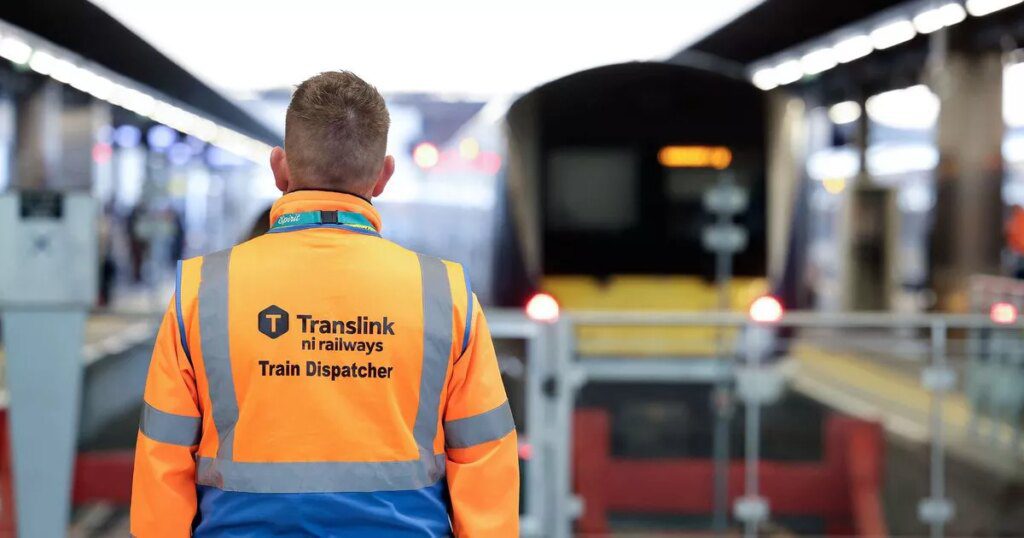Industrial Action Looms for Translink Employees: TSSA Warns of Service Disruptions
Members of the Transport Salaried Staffs’ Association (TSSA) are currently casting their votes on a significant issue that could lead to industrial action affecting services at Ulsterbus and Northern Ireland Railways, both operating under the Translink umbrella. With the voting period scheduled to end at noon on June 16, the prospect of reduced services or complete service failures is becoming more likely.
Background of the Dispute
The ongoing dispute revolves around a pay disagreement linked to salary disparities among TSSA members within the Clerical, Management, Professional & Technical (MPT) Grades as well as the Northern Ireland Railways Supervisor Grade, which encompasses railway controllers. Despite other grades at Translink being offered a noteworthy 5.77% pay increase, TSSA members feel their compensation does not equate to the fairness they seek.
Voting Process and Potential Outcomes
The TSSA has laid out two specific questions for its members to consider in the ballot: whether to support taking industrial action short of a strike and whether to endorse an official strike. The union has strongly advocated for a “yes” vote on both queries, reflecting the urgency of tackling the perceived inequities in pay and conditions. The ballots opened on May 19, creating a time-sensitive atmosphere as members weigh their options.
Concerns Over Pay Disparity
Concerns about pay disparity are exacerbated by the fact that Translink’s offer to TSSA members has fallen short compared to the better deals awarded to other employee groups within the organization. This has fostered growing discontent among union members, leading to intensified discussions about possible industrial action. TSSA General Secretary, Maryam Eslamdoust, stated that the union is left with no other choice given the circumstances and urged members to unify in their support for industrial action.
The Role of Infrastructure Ministers
With rising tensions and fears of service interruptions, TSSA leaders are calling on the Northern Ireland Minister for Infrastructure, Liz Kimmins, to intervene in the economic dispute. Eslamdoust emphasized the importance of sending a “clear signal” to government officials that immediate action is necessary to avert the potential disruption of rail services in the region.
Affected Services and Stakeholders
The potential for industrial action poses a significant risk not just for the TSSA members themselves but for everyday commuters who rely on Translink’s services. Any reduction in service levels could severely inconvenience thousands of passengers in Northern Ireland, bringing further focus to the urgent need for a resolution. The union’s push for equality across pay scales highlights a growing concern about workforce motivation and satisfaction.
Conclusion
The outcome of the voting process, closing on June 16, could have substantial implications for public transport in Northern Ireland. As the TSSA awaits the results, the situation remains dynamic and could escalate into a larger conversation about the future of employment conditions in the rail and bus sectors. Stakeholders from various sectors will be keenly watching these developments, which may set a precedent for how pay disputes are handled in the broader public service.
For updates about this evolving situation, visit the Belfast Live homepage.
